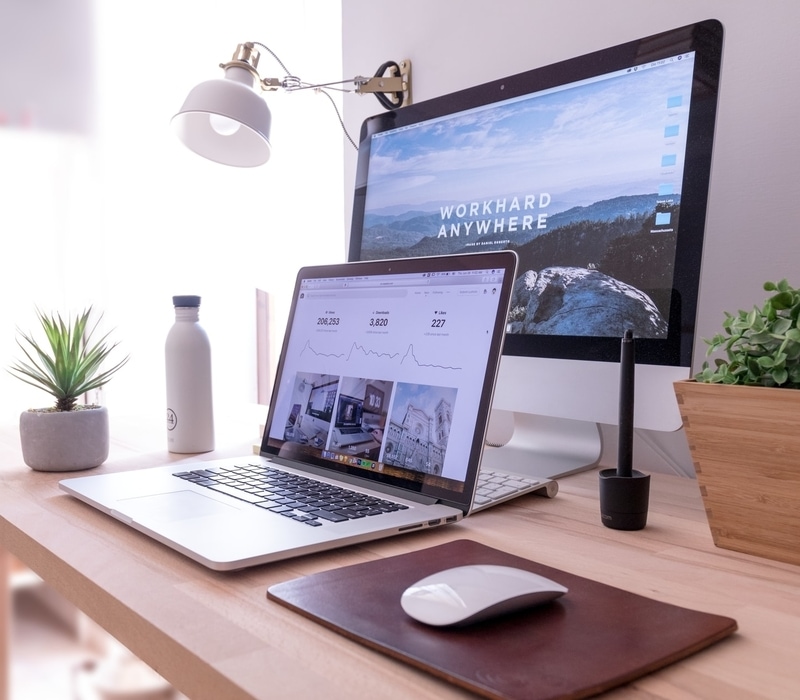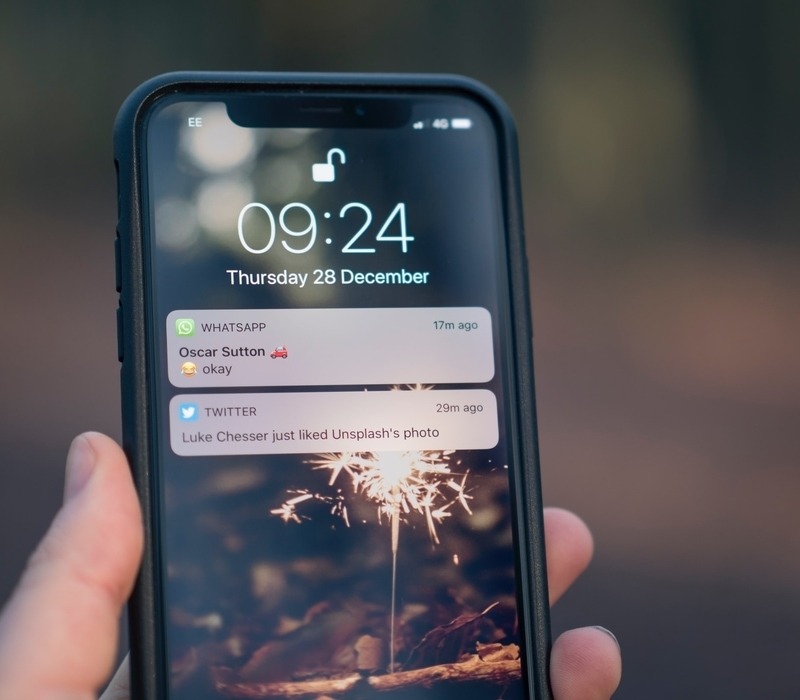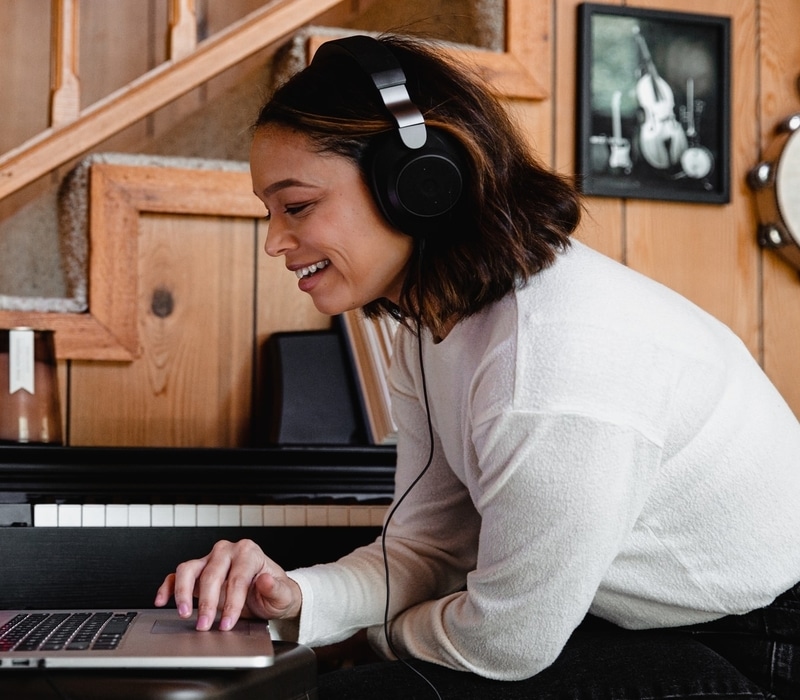Interruptions are one of the biggest productivity drains. When something interrupts your workday, this impacts productivity for a range of reasons. Firstly, it puts a brake on your workflow when you’re in that groove of deep focus and attention. Secondly, any interruption has the potential to be a massive waste of time. Let’s delve into how to handle and prevent interruptions at work. By following these practical steps to reduce the likelihood of interruptions, your workday will become much smoother and less stressful.
Have a Dedicated Workspace
Remote work was already on the rise before the current pandemic, but many more businesses have since moved entirely online. As many of us now realize, there is no need to go into an office to get our work done. But while evidence shows that remote workers feel more productive when working from home, it is also true that life at home can be a great source of interruptions to your work, and you may be wondering how to handle it.

To prevent interruptions when working from home, you want to make sure you have a dedicated workspace so that you have a clear boundary between leisure and work. Firstly, try not to work in the living room (where the TV can distract you) or the kitchen (where the fridge can distract you).
Not everyone, of course, has the luxury of a spare room they can turn into a personal office. This is especially true if you’re sharing a house or flat with others. However, you can still create a dedicated workspace in your room. This means having a large enough desk, which is clean, organized, and free from distractions (e.g. don’t keep your phone on your desk if you don’t need it).
Manage Your Notifications
To prevent interruptions, you may want to turn off sound alerts, especially on your phone, as these are likely to immediately take you out of a state of flow. These sound alerts will tempt you to check your phone and potentially lead you to become even more distracted (e.g. by getting into a lengthy WhatsApp conversation or talking to someone on a dating app).

It may be helpful to turn off all notifications on your phone. When your phone is away from your desk but still in sight, seeing a visual alert in your periphery can also distract you from the task at hand.
You may find managing alerts on your desktop or laptop helpful as well. While email alerts can let you know of any important incoming emails, you are unlikely to have to respond straight away. The inclination to respond to every email straight away is a major source of interruption. Instead, try to allocate certain times to check emails or social media accounts (if updates on there are relevant to your work). This could involve checking email or social media only after a task is complete or during a break.
Use Headphones to Block Out Noise
Noise pollution is another major source of interruption. In the office, noise pollution manifests as people talking, traffic outside, or the sound of printing. If working from home, distracting noises can include one’s housemates or neighbors.

It can be difficult – if not impossible – to ignore all of these distracting noises. But what you can do is use noise-canceling or over-the-ear headphones to block out the noise (as much as possible, anyway). Of course, if you’re working in an office, you need to make sure that this is acceptable in the work culture you find yourself in.
Some research shows that listening to music can enhance productivity. However, when looking at how to use music to handle interruptions at work, the key is to choose the right kind of music. No doubt, music tastes will vary widely, but it appears there are some key factors that determine whether music is distracting or helpful, identified by music psychologist Anneli Haake:
- Musical structure: music with a more complex structure is more distracting compared to music with a three-chord structure.
- Lyrics: lyrics can be distracting, as they force you to focus on the meaning of the words rather than whatever you’re reading (although lyrics in a language you don’t understand may not be distracting).
- Listening habits: if you’re used to listening to music while working, then it won’t be as distracting compared to not being used to it.
- The difficulty of tasks: if a task is complex and requires serious thought and focus, then music could hinder efficiency.
- Control: if music is imposed on you, it’s more likely to be distracting compared to music you can freely choose.
As you can see, it is possible for music to be distracting while working, but if you make the right choices about what you listen to, it can achieve two important things: block out distracting external noise and help you get into a better workflow. Another important benefit of listening to music is that it can be a serious mood booster. If you’re in a better mood, you’re likely to feel more motivated to do whatever it is you’re doing.
Combining all three of these methods together won’t necessarily prevent and handle all interruptions from happening, but they will give you the best chance of having long periods of uninterrupted work. For any interruptions that do occur, it’s also important to be able to quickly return your focus back to your work. This means not giving in to frustration and instead calmly acknowledging the interruption and moving on.

